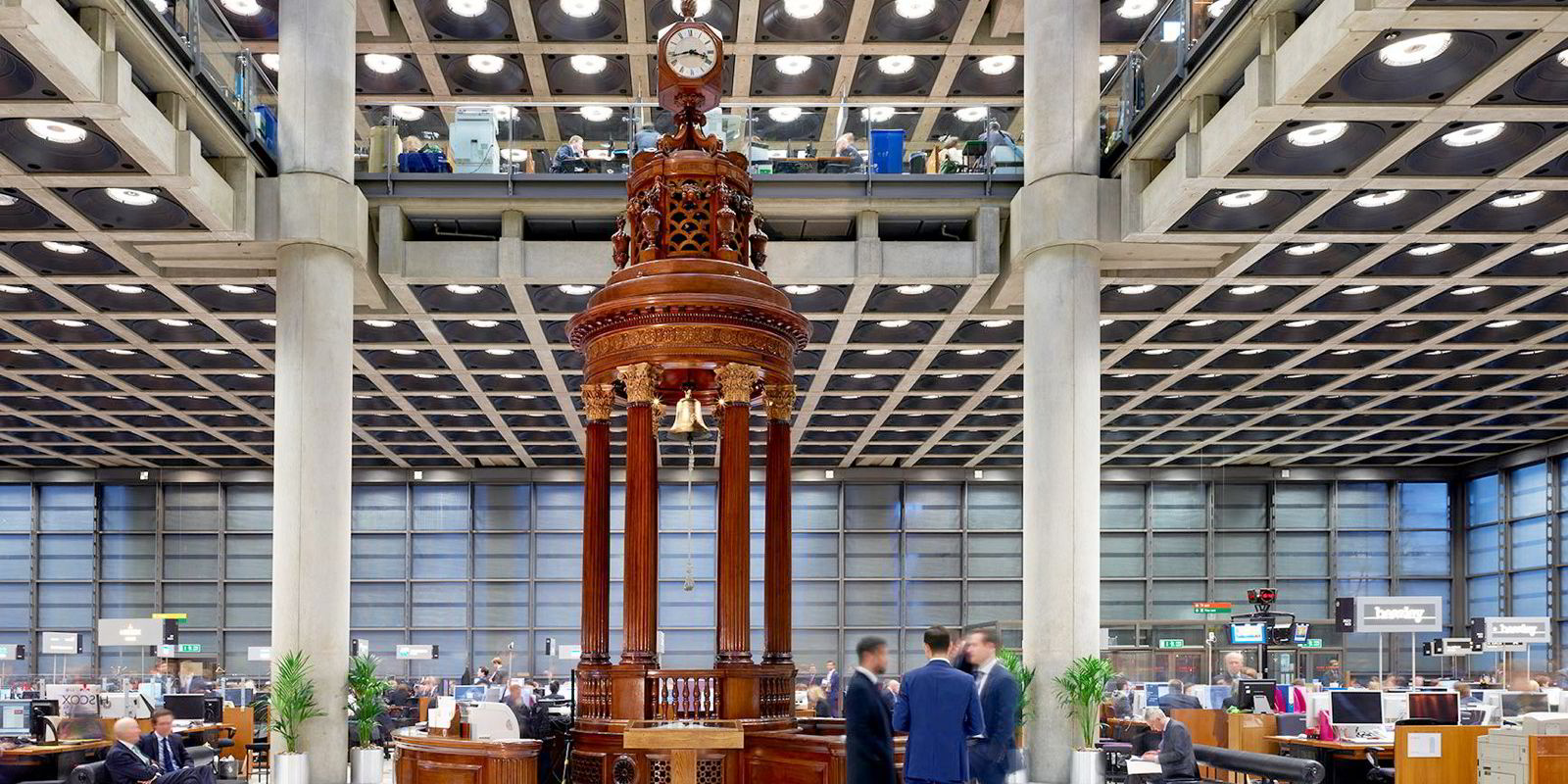Norwegian Hull Club chief executive Hans Christian Seim is warning that the hard hull and machinery market over the last three years is coming to an end.
He said it is time for the marine market to show underwriting discipline and added he is prepared to see the Norwegian Hull Club lose business rather than slash rates to unsustainable levels.
He described the current hull and machinery market as “flat” compared to the rate rises seen in recent years.
He said the Norwegian Hull Club’s accounts showed a deficit in the third quarter after a profitable first half of the year.
Seim said there had been an increase in medium-sized machinery, collision and loss of hire claims that had impacted earnings, rather than a slump in rates, or large casualty claims.
Inflation has also increased ship repair costs by as much as 15%, while trade activity is also picking up leading to more claims.
Seim said the negative trends are set to continue with the likely arrival of fresh insurance capacity, which has been encouraged by the hull and machinery market’s previous years’ profits.
“Do we expect this to continue? Yes we do,” Seim said. “The super cycle is behind us, so now it’s about discipline and managing the portfolio.
“Because of the super cycle, and the profit that we delivered, new capacity is coming in,” he said. “We do see new MGAs [Managing General Agents] popping up based on capital and the previous year’s performance, which in my mind will not be the case going forward.”
The Norwegian Hull Club’s view that the market has turned is bound to ring alarm bells.
It is a major and influential player in the market, generating more than $340m in gross premium annually and insuring more than 10,600 ships.
It is also one of the few hull and machinery insurers operating on a mutual basis.
The three-year-long recovery in rates was triggered by Lloyd’s of London Decile 10 programme, which encouraged unprofitable marine underwriters to leave the historic market’s underwriting floor.

Seim said he believes the remaining established marine underwriters will refrain from adding capacity to the market.
Also, with the bond market offering attractive risk-free returns, he hoped it might further curtail the amount of additional capital attracted to the marine market.
He said the Norwegian Hull Club will be prepared to lose tonnage rather than slash rates.
“I don’t think the established players are looking to deploy more capacity because the underwriters and brokers benefit from a disciplined market,” Seim said.
Sticking to discipline
“For us, it is all about sticking to discipline even if we have to we will lose fleets. We have already seen accounts where rates offered by others are way below what we would do. Then we would say ‘OK, let it go’.”
He said the Norwegian Hull Club had reduced its fleet size dramatically in the past when faced with a falling market and would be prepared to do so again.
“We have done it before in 2008 when we reduced the number of vessels by half,” he said.
The Norwegian Hull Club business strategy has been to provide marine insurance with add-on services provided through its in-house maritime expertise.
This extends to an extensive salvage network, loss prevention and sanctions advice.
Core clients
“For now, we would for sure service our core clients and members,” he said. “We are quite positive and optimistic about the way forward, because it’s a more complex world. Being a service provider, on sanctions — and training on mitigating consequences of things — is even more needed by shipowners now than before.”
The Norwegian Hull Club is also acting to counter the expected fall in the hull and machinery market by diversifying its business through the establishment of offshore wind insurance company NORD.
The organisation has been spun off as a standalone company. It aims to take advantage of the growing offshore wind business and make use of the Norwegian Hull Club’s expertise in the oil and gas offshore energy market.
The move also follows some of the Norwegian Hull Club’s existing shipowner members into the offshore wind market.





